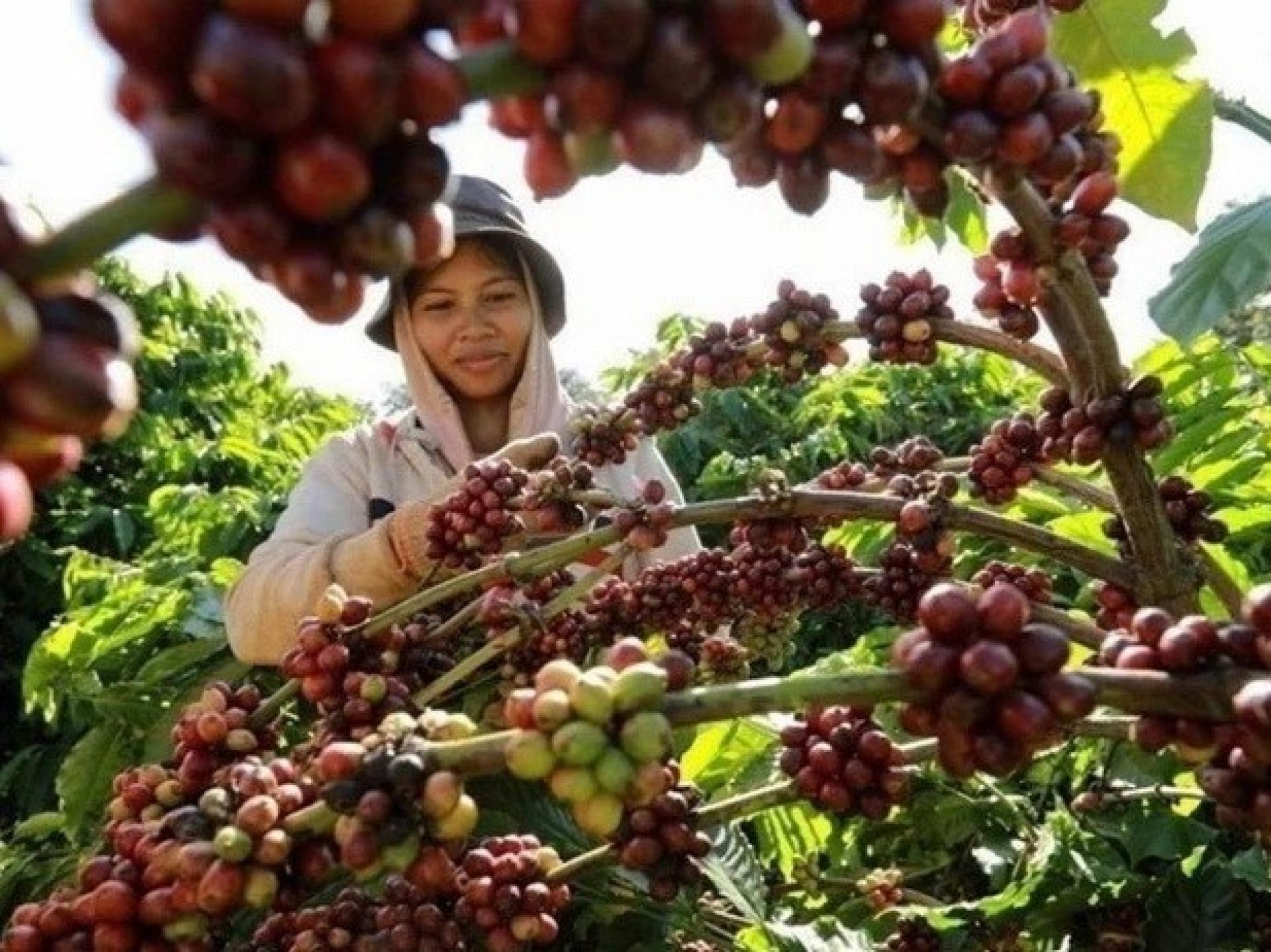(Hanoi, 17th, comprehensive report) Vietnam’s Ministry of Agriculture and Environment announced that in October this year, coffee export volume reached 71,900 tons, with export value at USD 403.5 million; cumulatively, in the first 10 months, export volume reached 1.3 million tons and export value reached USD 7.41 billion, setting a historic new high—an increase of 61.8% year-on-year. The average export price of coffee was USD 5,653 per ton, up 42.5% over the same period last year. Among them, exports to Mexico saw the most notable increase, with the export value skyrocketing to 34.7 times that of the same period last year.
The Vietnam Coffee and Cocoa Association predicts that coffee export value is expected to surpass USD 8 billion in 2025, reaching the original goal for 2030 several years ahead of schedule. The association pointed out that key factors behind the sharp growth in exports include improved product quality, increased proportion of deep processing, and the effectiveness of long-term market expansion strategies.
The association's analysis indicated that before 2020, coffee prices were relatively low, prompting many farmers to reduce planting areas and resulting in decreased supply. At the same time, enterprises strengthened investment in sustainable production chains, enhanced product quality, and met international standards. Against the backdrop of tightening supply and continued global demand growth, coffee prices soared to historic highs. Free trade agreements, especially with the European Union (EU), also encouraged businesses and farmers to upgrade and transition toward higher-quality production.
The impressive performance in 2025 demonstrates that Vietnam’s coffee industry is gradually forming a responsible production ecosystem from raw materials to processing. This not only enhances the competitiveness of Vietnamese coffee in the international market, but also lays a solid foundation for sustainable development in the future.
The association's analysis indicated that before 2020, coffee prices were relatively low, prompting many farmers to reduce planting areas and resulting in decreased supply. At the same time, enterprises strengthened investment in sustainable production chains, enhanced product quality, and met international standards. Against the backdrop of tightening supply and continued global demand growth, coffee prices soared to historic highs. Free trade agreements, especially with the European Union (EU), also encouraged businesses and farmers to upgrade and transition toward higher-quality production.
The impressive performance in 2025 demonstrates that Vietnam’s coffee industry is gradually forming a responsible production ecosystem from raw materials to processing. This not only enhances the competitiveness of Vietnamese coffee in the international market, but also lays a solid foundation for sustainable development in the future.
